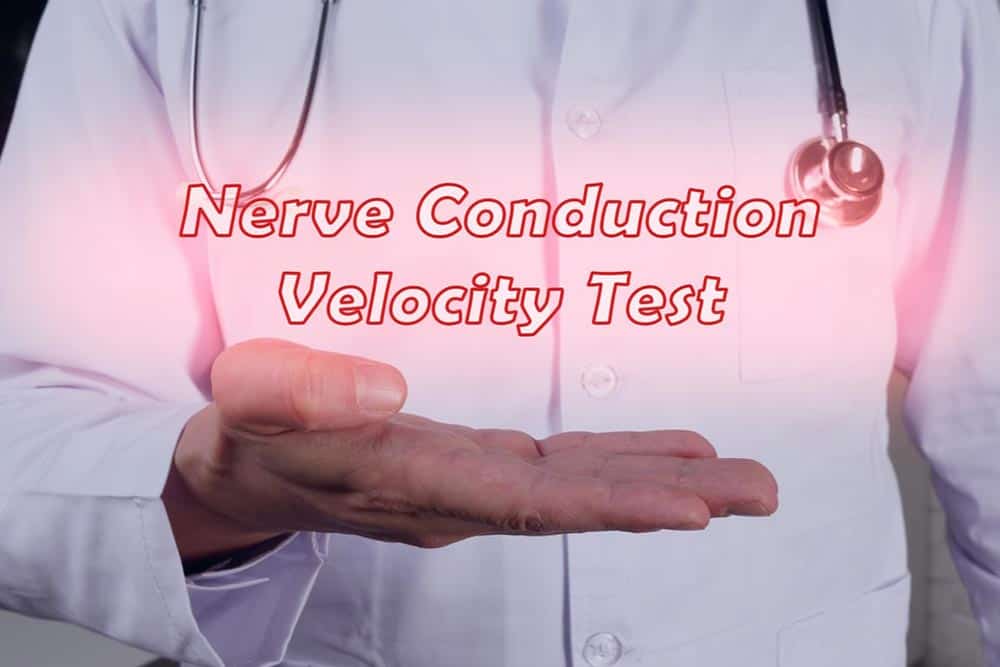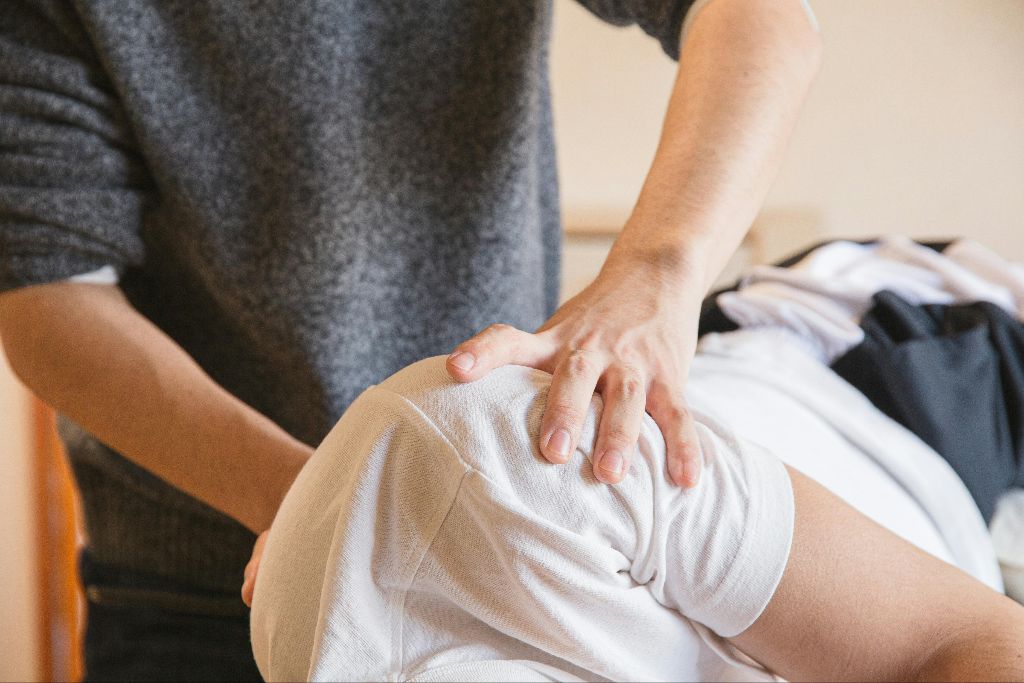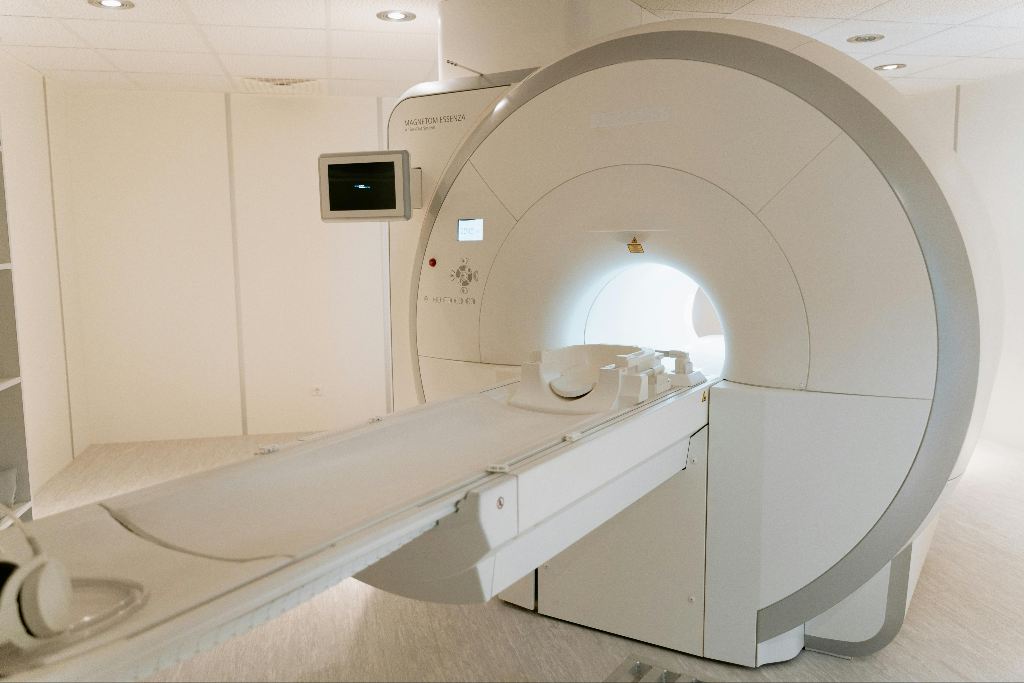When it comes to diagnostic imaging, you probably first think of something like an x-ray, or even an MRI. These tests are versatile and can be used to look for anything from a muscle strain to a broken bone. But if you are experiencing symptoms consistent with a neurological problem, you may be sent for something known as a Nerve Conduction Velocity (NCV) Test. These tests are used to look for and diagnose nerve problems and related muscular issues. If it’s recommended you undergo this test, read on to understand what to expect and what possible outcomes this test can have.
How Does an NCV Test Work?
An NCV, which can also be called a Nerve Conduction Study (NCS), works by measuring electrical impulses as they move through your nerve. The intention is to identify any nerve damage that stops this movement from occurring as it should. During the test, a pair of electrode patches are applied to your skin near the nerve: one stimulates the nerve with a mild electrical impulse, while the second electrode records it. All resulting electrical activity is recorded for each individual nerve being tested.
The speed is then calculated by measuring the distance between electrodes and the time it takes an electrical impulse to travel between electrodes.
In some cases, this may be performed along with an electromyography (EMG), which measures electrical activity in the muscles.
Why Might I Need an NCV?
Doctors may request this form of diagnostic imaging to diagnose or rule out a number of conditions, or to tell the difference between a nerve disorder and a muscle disorder. An NCV will detect a problem with a nerve, while an EMG would detect a muscle not working properly in response to a nerve’s stimulus, so they will often be performed at the same time.
Some reasons for an NCV include the following:
- Finding the source of pain, cramping, tingling, or weakness
- Exploring muscle weakness or limitations
- Determining if muscles and nerves are working properly
- Diagnosing muscle or nerve disorders
Common disorders diagnosed using an NCV may include the following:
- Carpal tunnel syndrome
- Guillan-Barre syndrome
- Charcot-Marie-Tooth disease
- Herniated disc disease
- Chronic inflammatory polyneuropathy
- Sciatic nerve problems
These tests may also identify the cause of symptoms like numbness, tingling, or pain.
The Process of an NCV Test
An NCV will usually be an outpatient procedure unless you are already staying as an inpatient at the hospital. A neurologist performs the NCV, as they specialize in brain and nerve disorders, though a technical expert may also be present.
To begin, you will be asked to remove any clothing, accessories, glasses or hearing aids, or other metal objects. You may be asked to wear a gown if clothing needs to be removed. Typically, you will sit or lie down for the test.
A provider will attach the electrodes to your skin near the identified nerve with a special paste. The electrodes will be placed a specific distance apart. They will then administer a mild and brief electric shock through one of the electrodes- this could be painful for a very brief second. The stimulation will be shown on a monitor that is later evaluated for diagnosis.
Once completed, the paste will be removed and you will be able to resume your daily activities. Typically the results can be read out the same day and you will discuss any follow-up with your provider.
Preparing for an NCV Test
Generally speaking, there is a very low risk associated with the electrical pulses used during an NCV test due to their low voltage. However, certain medical conditions can interfere with the results, including severe pain or spinal cord damage. Your provider should discuss alternatives with you if you meet these criteria or If you have permanent devices like a pacemaker installed.
If your provider clears you for an NCV test, you will not need to fast or undergo any procedures before the exam, though you may have a temperature check. You should arrive for the test in loose-fitting clothes and with as little metal on your body as possible. You may also be asked to avoid lotions or oils on the skin in advance of the test.
Any questions or concerns should be discussed with your neurologist beforehand. If you think an NCV test might be needed or you have the symptoms discussed, contact AICA Orthopedics today to meet with a neurologist. They will help to determine if an NCV test is the right form of diagnostic imaging for you and make use of our in-house test centers to begin your path towards recovery.





